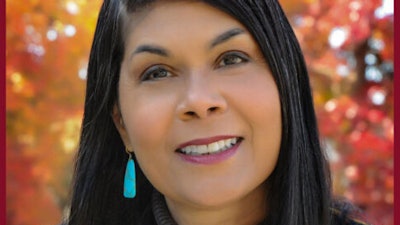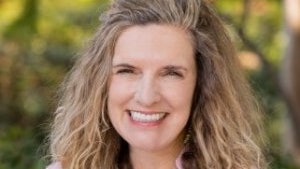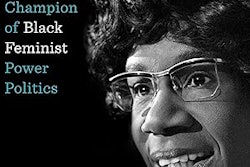Throughout the course of our careers, we have consistently championed the transformative influence of education in promoting environmental and social justice as ways to improve people’s lives and advance a more equitable society, albeit from different perspectives.
 Dr. Allison Davis-White Eyes
Dr. Allison Davis-White Eyes
Both DEI and environmental work can create the conditions for individuals and organizations to engage with one another, as well as the world that envelops us, through the portal of self-discovery. In doing so, people in community together become the connective tissue that empowers each of us to address the intractable issues of our time. Human beings can take action on these issues through our collective wisdom and commitment, which ultimately can bring forth and unleash our human potential for a greater good.
Another example, a central international aspect of environmental policy was the early recognition that negative environmental impacts fall disproportionately on those most vulnerable in the world. This pertains specifically to poorer countries that receive the world’s cast-off items, ranging from such items as computers, fast-fashion clothing, and garbage up to nuclear waste. As is the case globally, so it is within the United States. A recent study found that communities of color are likely to be more polluted and downwind of pollution sources (Professor Julian Marshall quoted in The Guardian, March 8, 2023). A stark example of this fact is that the most polluted air in the country is in Bakersfield, California, specifically the eastern section, which was one of the only parts of the city that Black people could live due to redlining and other forms of racism.
The intersection of social and ecological justice stems from the idea that inequity is born from the same flawed set of assumptions: that some people are “less than,” which creates fertile ground for prejudice and the -isms to take root; and that humans are better than other species, which gives rise to factory farming.
 Dr. Katrina S. Rogers
Dr. Katrina S. Rogers
Other scholars, such as Vandana Shiva, have reminded us of the essential disconnect of the modern world. We have severed our being from the natural world, and this severing has resulted in gross injustice, not only for human beings. It also includes all species subjected to our actions of overusing our resources in a finite world. The indigenous scholar Robin Wall Kimmerer has noted, if we treated all as if we were truly “kin,” we would be going back to an ancient wisdom that creates a more harmonious balance among people and between peoples and the natural world.
This notion of kin is central to both DEI and environmental work, because it is precisely this indigenous understanding of “kinship” that is the goal of engaging in this work. Through kinship, we learn trust, vulnerability, shared vision, and a deep love and respect for the dignity of all, human and non-human.
There are two salient arguments to be made. Our first point is that the many types of injustice are interrelated; as one instance, racism makes worse environmental degradation in communities of color, which leads to poorer health outcomes. Our second idea is that each of us, in our own professional sphere, can make choices that promote social and ecological justice. It is a matter of intention grounded in solid research and community practice. Ultimately, the question is, what can you do in your professional and community sphere to be a positive force that makes explicit these connections and motivates others to action?
Dr. Allison Davis-White Eyes and Dr. Katrina S. Rogers serve as vice president for DEI and president for DEI, respectively, at Fielding Graduate University, headquartered in Santa Barbara, California, and Washington D.C.















